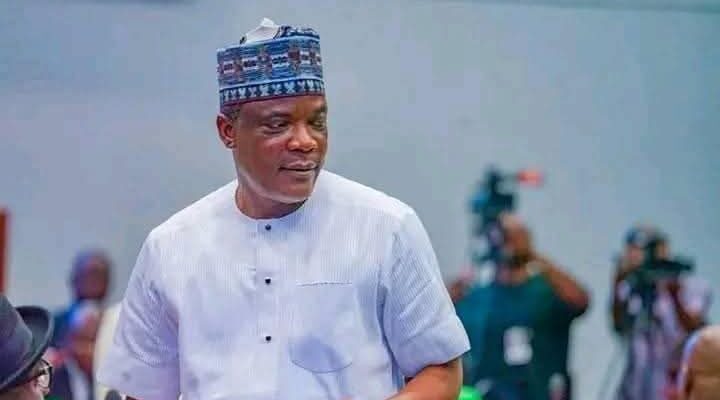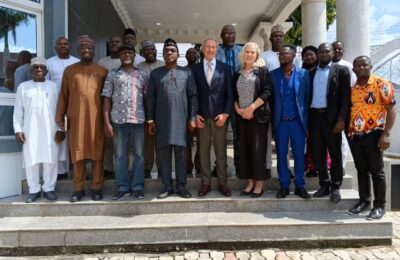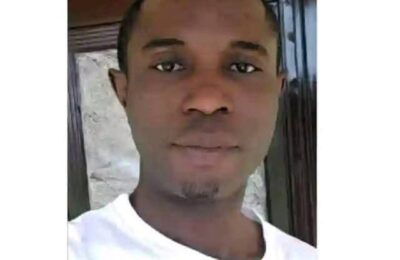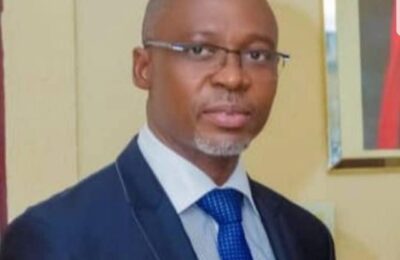Hon. Danjuma Usman Shiddi Pens Second Open Letter, Accusing Taraba Assembly of Enabling ‘Reckless’ Borrowing Spree Under Gov. Kefas to a Tune of 1.2 Trillion Debt
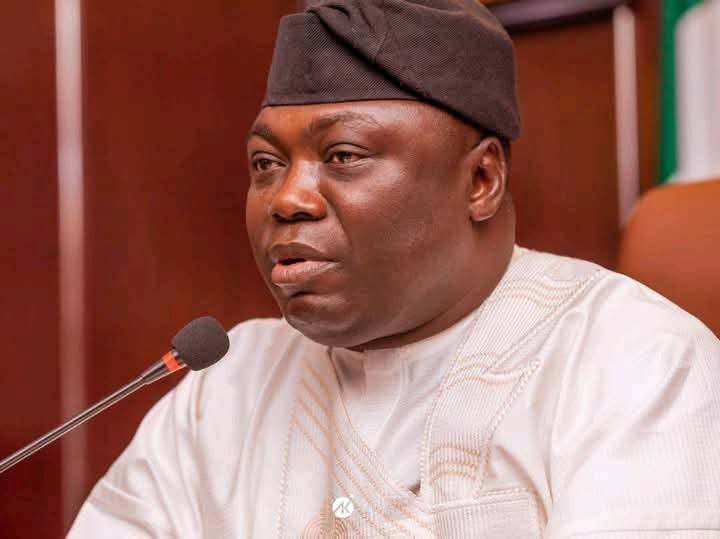
In a scathing open letter released today, former Nigerian House of Representatives member Hon. Danjuma Usman Shiddi (Danji, SS), who served in the 8th and 9th Assemblies, has renewed his urgent plea for fiscal accountability in Taraba State. Addressing the Taraba State House of Assembly, leaders of thought, senior citizens, youth leaders, and political party critical stakeholders, Shiddi warns that the administration of Governor Agbu Kefas is plunging the state into a “kingdom of borrowing” and a “province of perpetual debt,” with borrowings exceeding ₦1.2 trillion in just two years—far outstripping the state’s modest Internally Generated Revenue (IGR) of ₦10.87 billion in 2023.
Titled “A Call for Accountability and Fiscal Responsibility in Taraba State,” the letter paints a dire picture of a state “quietly bleeding” under unchecked debt accumulation, where federal allocations totaling nearly ₦437.21 billion from mid-2023 to mid-2025 have yielded “no tangible progress” in infrastructure, education, or healthcare. Shiddi, who first raised these alarms in a June letter that drew backlash from critics, declares: “Our dear Taraba is quietly bleeding. The pulse of our state grows faint… We stand not merely at a political crossroads, but at the edge of a financial precipice—a silent crisis that, if left unchecked, will echo through generations to come.”
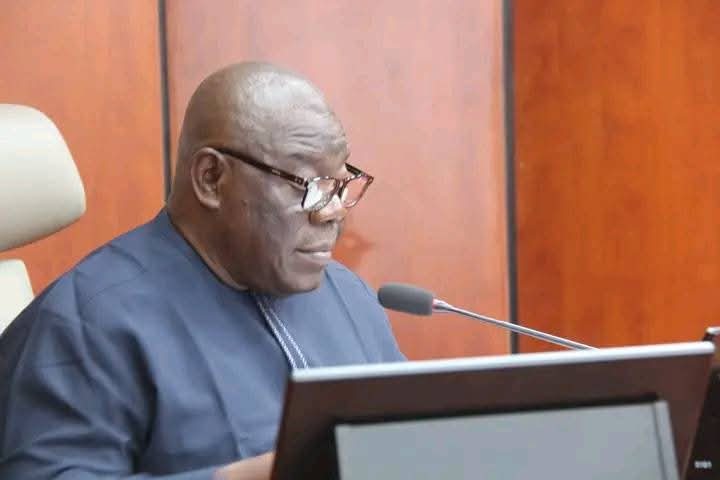
Shiddi begins by lamenting the governor’s 2023 pledge for free and compulsory education, including an “emergency on education” that promised uniforms, textbooks, and fee waivers. “Where is the ₦17 billion awarded to acquire uniforms and school items from China for school children? Where are the books, the desks, and the roofs over our children’s heads?” he asks, accusing the administration of manufacturing “the appearance of progress while decay deepens underneath.”
The letter meticulously catalogs the borrowing frenzy: In August 2023, the Taraba State House of Assembly approved a ₦206.78 billion loan from a consortium of banks—Zenith, UBA, Fidelity, and Keystone—”divided among themselves as though Taraba were a carcass on a banker’s table.” No terms or breakdowns were published, Shiddi notes. This was followed by a ₦350 billion bond announcement in March 2025 and, by October 2025, a $268.63 million facility from the ECOWAS Bank for Investment and Development (EBID)—equivalent to roughly ₦510 billion at current exchange rates.
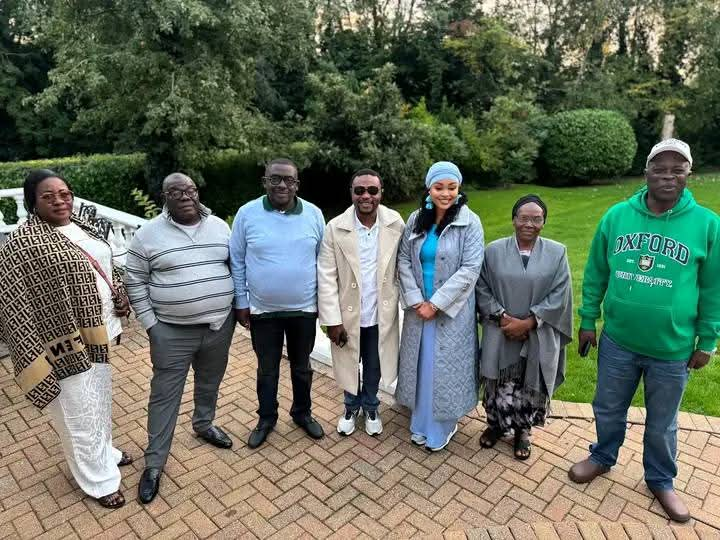
“Add them all together, and the picture becomes chilling,” Shiddi writes. “In barely two years, the administration has borrowed or secured approvals exceeding ₦1.2 trillion—a staggering figure for a state whose Internally Generated Revenue in 2023 was only ₦10.87 billion.” He further highlights a ₦50 billion loan from the United Bank for Africa (UBA) for “local government infrastructure,” which, divided across 16 local government areas, burdens each council with ₦3.125 billion in debt, excluding interest—”economic suicide” for entities reliant on federal allocations.
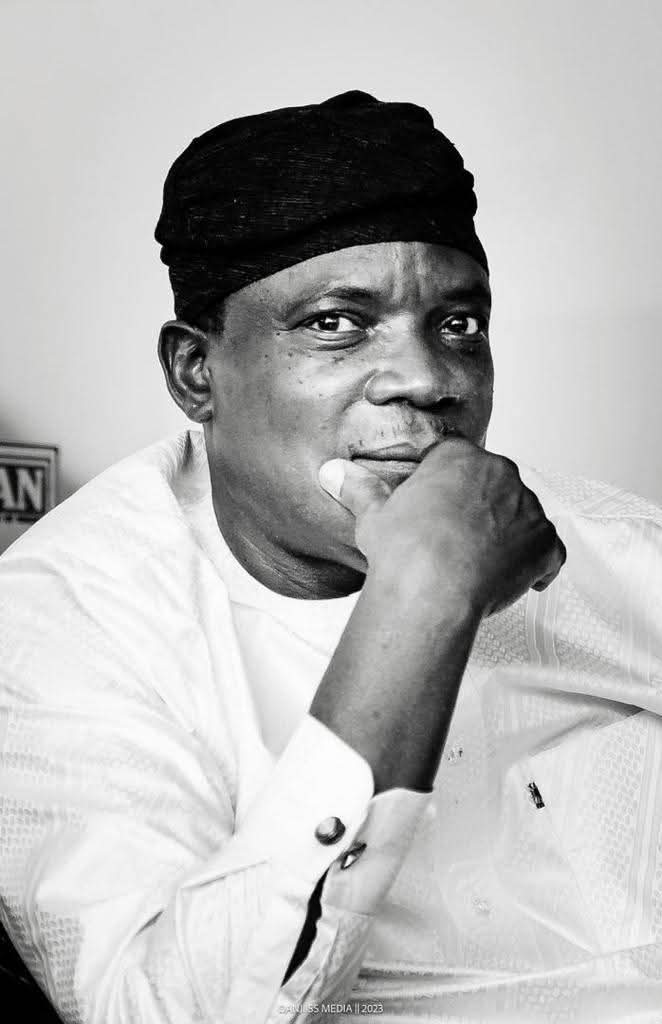
Despite these inflows, Shiddi details the windfall from the Federation Account Allocation Committee (FAAC): Between June and December 2023, the state received ₦50.21 billion, while local governments got ₦31.95 billion, totaling ₦82.16 billion in seven months. In 2024, the figures rose to ₦108.56 billion for the state and ₦71.23 billion for local governments, summing to ₦179.79 billion. For 2025, from January to June, the state received ₦112.60 billion, with local governments getting ₦62.66 billion by August—₦175.26 billion in eight months. “With all of these allocations and facilities acquired, no tangible progress in site compared to the quantum of inflows to the state,” he laments, pointing to cratered roads, dilapidated schools, under-resourced hospitals, and unpaid worker wages.
Drawing comparisons to past administrations, Shiddi contrasts the current trajectory with the “cautious fiscal stance” under Governor Danbaba Suntai, where external debt averaged about $18 million in 2007, per Debt Management Office records. Under Governor Darius Ishaku (2015–2023), domestic debt grew from ₦14.6 billion in 2018 to ₦38.87 billion in 2019, ₦61.57 billion in 2020, and ₦105.98 billion by 2022—but with budgets around ₦400 billion annually and IGR near ₦6 billion, Ishaku delivered “tangible progress: roads, schools, water schemes, and community projects.” Today, under Kefas, debt stands at ₦93.18 billion (2023) and ₦87.96 billion (2024), amid monthly FAAC inflows of ₦5 billion to ₦8 billion and Taraba’s IGR ranking as the third lowest in Nigeria.
The 2025 budget, Shiddi notes, allocates ₦163.78 billion (38.1%) to recurrent expenditure and ₦266.12 billion (61.9%) to capital—revised post-supplementary to ₦178.82 billion recurrent (31.1%) out of ₦574.8 billion total. Yet, he argues, this “expansion without accountability” has shrunk in impact, with the EBID loan’s promised energy, agriculture, and industrialization projects lacking locations, contractors, timelines, or costs. “In Taraba, questions die before they are answered. Silence has become our official policy, and applause, our proof of progress.”
Shiddi’s letter underscores the “colossal damage” this borrowing will inflict on Taraba’s children, framing it as a “ruinous” path of “gambling—with our future, our children’s inheritance, and the faith of a people.” He warns that a state earning ₦10.87 billion annually “cannot repay ₦1.2 trillion without selling its soul,” leading to “the slow strangulation of a people” and “our children’s enslavement” to debt. “Our borrowing now exceeds what the state will earn in four years. This is not progress; it is plunder,” he states, predicting insolvency that will “mortgage” generations, echoing through “the low groan of a people whose future is being mortgaged without their consent.”
Targeting the Assembly, Shiddi invokes Sections 128 and 129 of the Constitution, urging lawmakers—elected “to question, to check, and to act as the conscience of the state”—to halt future loan approvals until audited reports on existing ones are public. “Oversight is not rebellion; it is responsibility,” he asserts, accusing the chamber of mistaking “applause for duty” as commissioners operate unchecked and contractors vanish.
He calls on elders and stakeholders to counsel the governor toward “productivity, not debt,” citing successes elsewhere: Zamfara’s loan-free rebuilding via mining and agriculture; Nasarawa’s investor focus; and Ogun State’s ₦126 billion IGR this year. “Taraba—rich in land, solid minerals, and people, richer than them all—remains a debtor. Why do we borrow what we can grow?”
This marks Shiddi’s second public missive to Governor Kefas on excessive borrowing; his June letter, he recalls, was “vilified by those who feed on the wages of loyalty rather than the fruit of truth,” with words “twisted, stripped of context, and clothed in malice.” Undeterred, he concludes: “Let posterity record that when Taraba was being drowned in silence, we raised our voices… Because when truth dies, nations follow. And so, I write. For silence, in the face of betrayal, is also a crime.”
The letter has ignited online discussions, with Taraba residents and analysts calling for transparency amid the state’s fiscal woes. Governor Kefas’s office has yet to respond.

